
Fruit is high in fiber, rich in vitamins, low in fat and fairly low in calories, so it is for good reason that fruit is generally thought to be a healthy food, but is it possible that too much of a good thing could lead to weight gain?
Fruit and weight
As with any food no matter how healthy, eating too much fruit can lead to weight gain. Although it is a healthy food with a vast array of nutritional benefits, fruit still contains calories. If you eat more calories than you burn with exercise, you are likely to gain weight, so even if the calories are coming from healthy, nutritious sources such as fruit, they can still contribute to weight gain.
Some fruits are higher in calories than others and so can contribute more to weight gain, for example, bananas, which are higher in carbohydrate contain around 105 calories for a medium sized piece of fruit, whilst berries are amongst the lowest in calories. A cup of strawberries for example contains just 46 calories.
Fruit and disease
Although a diet rich in fruit and vegetables is associated with reduced risk of a number of lifestyle diseases, particularly in the context of a healthy overall diet, there are some medical conditions where fruit intake needs to be monitored.
Moderating fruit intake is particularly important if you have conditions such as diabetes or high blood triglycerides, as excessive intake of sugar can worsen these conditions. Although there is no need to avoid it completely, too much may have adverse health consequences.
In diabetics, the types of fruit are also very important, as low GI options are the better choice for keeping blood sugar levels stable. Most fruits have a relatively low GI, but watermelon, raisins, dried dates and cantaloupe are all high GI choices and should be avoided.
Read also: Is the sugar in fruit unhealthy?
How much fruit is enough?
Although fruit has a high percentage of water and so has a low calorie density, if you are watching you weight fruit should be limited to two serves per day. A serve equates to a medium sized piece of fruit such as an apple or banana, two pieces of small fruit like apricots or a small handful of dried fruit.
Dried fruit is much more concentrated in calories than fresh fruit, due to the removal of the water content, and it is also very easy to eat in large quantities. For these reasons it is advisable to keep intake to a minimum if you are watching you weight, although it does still contain all the nutrients and fiber of fresh fruit.
Read also: Is canned fruit healthy?
Fruit juice is another area to watch in term of weight gain, although they also contain most of the vitamins found in the fruits they are made from. To make a glass of orange juice can require around ten oranges and therefore contains all the sugar and calories found in this amount of fruit.
Many fruit juices also have added sugar and do not contain the fiber that is found in fresh fruit, so it is always a better choice, in terms of weight management and health benefits, to choose the whole piece of fruit rather than the juice.
Why fruit is still an important part of a healthy diet.
Although fruit may contribute to weight gain if eaten in excess, there is no doubt that it is a valuable contribution to a healthy diet and a much better alternative to other potential dietary choices.
If you are craving a sweet fix, fruit makes a much better and lower calorie options than most sugary treats such as cake, candy or chocolate and with its high content of fiber, vitamins and antioxidants it is beneficial to the body and may help to reduce risk of chronic disease when eaten in combination with a diet that is healthy overall.
Read also: How to get enough fruits in your diet?
Ways to cut back on fruit without sacrificing nutrition
To reduce you fruit intake to help with weight loss, but without losing the valuable vitamins and minerals it provides, try substituting some fruit with vegetables. Veggies sticks dipped in a healthy dip such as hummus make a healthy, fiber and vitamin rich snack with fewer calories than fruit.
When you do eat fruit, pick ones that are particularly rich in nutritional value such as citrus fruits like oranges, grapefruits or mandarins. This way you will get more vitamins and minerals for the same amount of calories when compared with other fruits.

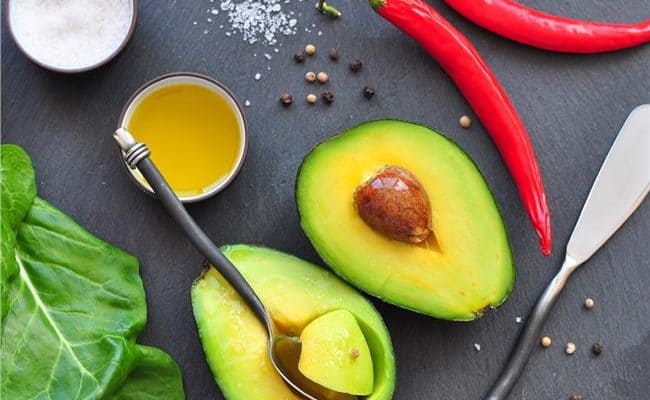

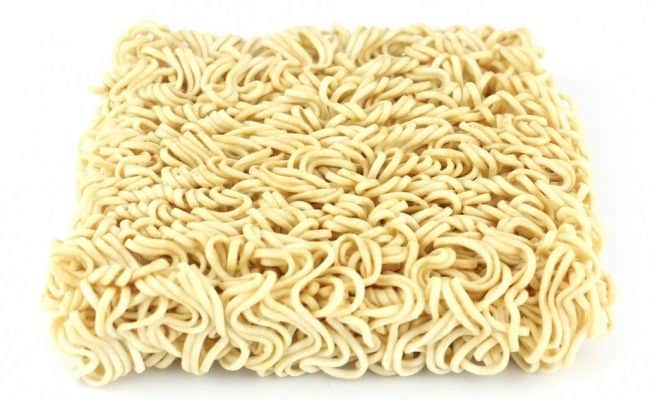
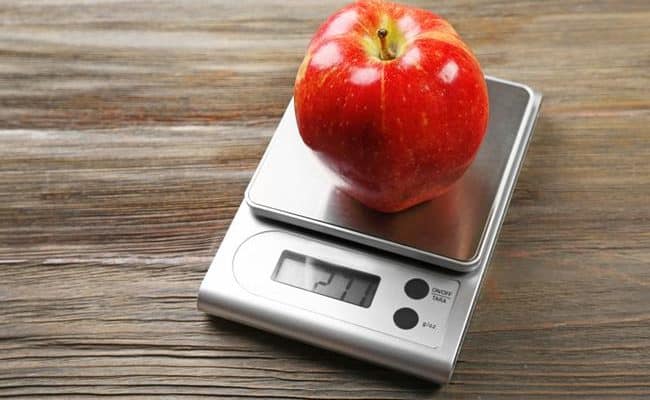
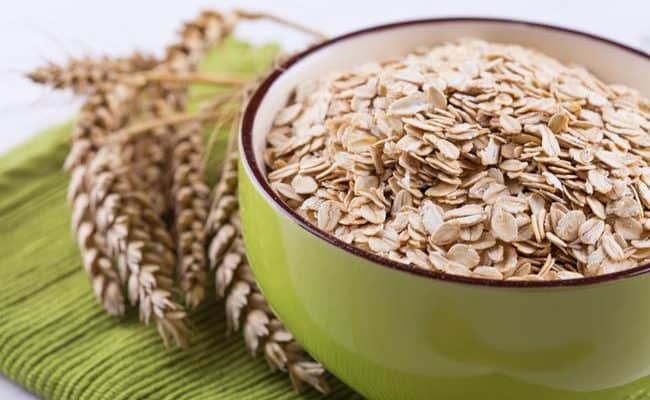


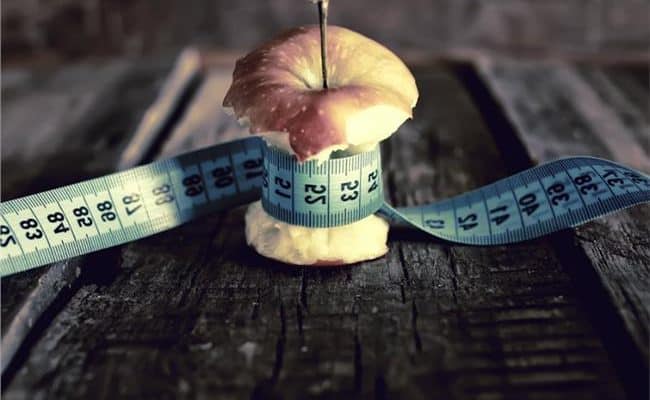


Marko says
There is NO fat long term fruitarian. Coincidence?